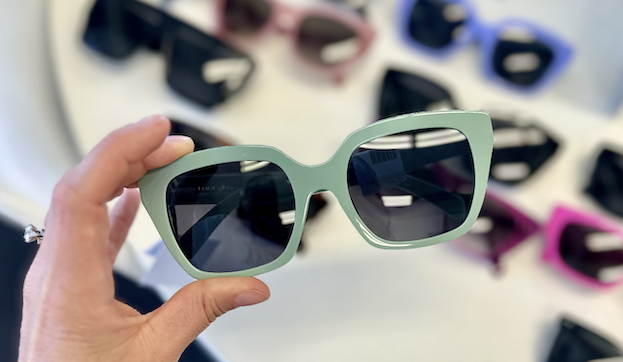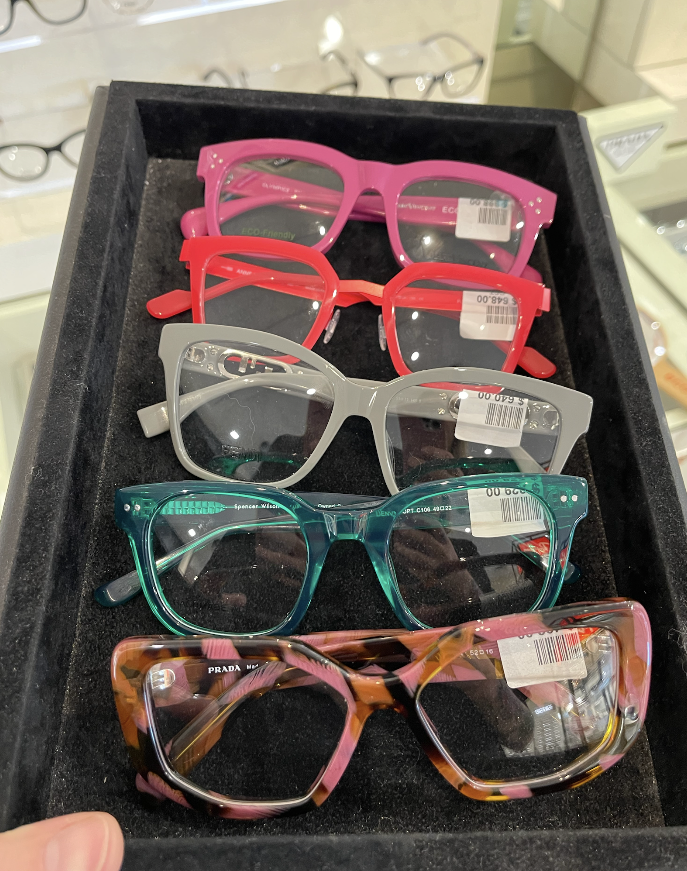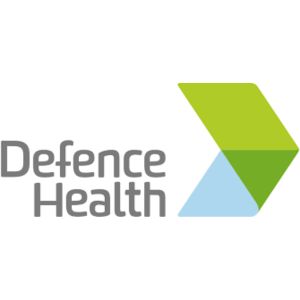Did you know that the sun isn’t just tough on your skin but also on your eyes? In Australia, about 20% of cataracts and nearly half of pterygiums (a type of eye problem) are caused by sun damage.
It may come as a surprise that UV rays from the sun can actually hurt your eyes ten times more than your skin. Your eyes are more sensitive to these rays, because they lack the natural defenses compared to your skin.
Your skin might turn red or tan to tell you it’s been overexposed and show signs of sunburn, but your eyes don’t give any obvious warnings.
UV rays can penetrate through your eyes and cause damage without you even realizing it or feeling like you’re getting sunburned.
Damage to the eyes can occur directly from the sun but also from indirect exposure. Indirect exposure can include reflections from the water, windows, or buildings.
Impact of UV Rays on Eye Health
UV-A rays are the slow and steady rays that can gradually age your eyes and make them more susceptible to problems, while UV-B rays are more aggressive and can cause immediate discomfort and damage.
Prolonged exposure to these rays can lead to various eye complications. Here’s how UV rays can cause significant damage to the eyes:
-
Photokeratitis
It’s like sunburn, but for the eyes. It can make them sore, red, painful, leading to temporary vision loss or blurring of vision.
-
Macular Degeneration
This condition occurs when UV rays harm the middle part of your eyes that keeps your vision in focus, making it difficult to see fine details.
-
Cataracts
UV rays can cause the lens in your eyes to become fuzzy and hazy, like the vision you get when you have dirty glasses.
-
Pterygium
UV rays can make a bump grow on the white part of your eye. It can be annoying, itchy, and might affect your vision.
-
Eyelid Cancer
Too much sun exposure can cause eyelid cancer, which is responsible for around 10% of all skin cancers.
Eye Care: UV Edition
We rely on vision for 80% of our sensory information, but rarely give our eyes the care and attention they deserve to make them last a lifetime.
Here are our top tips for clear, comfortable vision that helps your eyes last the distance.
-
Protect your eyes from UV, even in winter
UV radiation doesn’t take a raincheck. It’s present all year round, even when it’s snowy or cloudy.
Infact, the low winter sun increases direct UV exposure, and snow can reflect up to 80% of UV rays, raising the risk of conditions like photokeratitis (snow blindness).
That’s why it’s important to take precautionary measures regardless of the season.
-
Sunglass Solution
From high-fashion statements to budget-friendly and practical choices, protective sunglasses now come in both prescription and non-prescription options.
But far from being just an accessory, the sunglasses you choose should fit your lifestyle perfectly.
If you’re the family chauffeur, pick a Polarised Grey pair to cut that morning sun glare.
Road cyclist? Amber-brown lenses offer the perfect increase in contrast and functionality in all lighting conditions.
Always on the move with no time to switch glasses? Transition lenses now come in chic colors and polarized options so you can team fashion and function in a practical way.
So whether you’re cruising, cycling, or juggling a hundred things at once, there’s a perfect pair of sunglasses for you to keep your eyes healthy and protected.
-
Don’t Forget the Hat
Hats offer extra protection from UV rays by shading your face, neck, and eyes, reducing direct exposure to harmful sunlight.
They help minimize the amount of UV light that reaches the sensitive skin around your eyes, making it easier to see in bright light and preventing eye strain.
-
Avoid Direct Sunlight
Consider staying indoors during the hours when the sun is at its strongest, typically between 10 a.m. and 4 p.m. If you need to be outside, seek shade whenever possible and protect yourself with sunglasses and a wide-brimmed hat.
-
Regular Eye Exams
80% of blinding eye diseases are preventable or treatable, and a thorough annual eye exam is your best defense. It’s crucial to monitor for signs of UV damage and maintain your overall eye health.
If you have any questions or need assistance, feel free to contact us, we’re here to help keep your eyes protected.




















